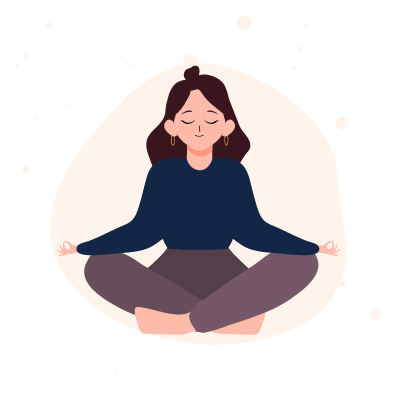Anxiety Counselling
Our anxiety counselling services are designed to provide support and guidance to individuals struggling with anxiety.
With our experienced counsellors, you can expect a compassionate and non-judgmental space where you can explore the root causes of your anxiety and develop effective coping strategies.
Through a personalized and holistic approach, we address the unique challenges you face, helping you cultivate resilience, reduce anxiety symptoms, and regain control over your life.


Our goal is to empower you with the tools and resources necessary to navigate anxiety and live a more peaceful and fulfilling life.
During anxiety counselling sessions, we work collaboratively to identify triggers, thought patterns, and behaviors that contribute to your anxiety.
Our counsellors utilize evidence-based techniques such as cognitive-behavioral therapy (CBT), mindfulness, and relaxation exercises to help you gain a greater understanding of your anxiety and learn practical skills to manage it.
Frequently Asked Questions
What is anxiety counselling, and how can it help me?
Anxiety counselling involves working with a professional counsellor who specializes in anxiety to address and manage symptoms related to anxiety disorders. They provide support, guidance, and evidence-based strategies to help individuals understand their anxiety, develop coping mechanisms, and improve overall well-being.
What are the signs and symptoms of anxiety disorders?
Anxiety disorders can manifest in various ways, including excessive worry, restlessness, irritability, difficulty concentrating, sleep disturbances, and physical symptoms like rapid heartbeat or shortness of breath. Anxiety counseling can help individuals recognize these symptoms, understand their triggers, and learn effective techniques to manage them.
How long does anxiety counselling typically last, and how often are the sessions?
The duration of anxiety counselling can vary depending on individual needs and goals. Some individuals may benefit from short-term interventions, while others may require longer-term support. The frequency of sessions also varies, with initial sessions often being more frequent (e.g., weekly) and later sessions spaced further apart as progress is made.
What approaches or techniques are used in anxiety counselling?
Anxiety counselling incorporates evidence-based techniques such as cognitive-behavioral therapy (CBT), mindfulness practices, relaxation exercises, and exposure therapy. These approaches aim to identify and challenge negative thought patterns, develop healthy coping strategies, and gradually confront anxiety-provoking situations.
